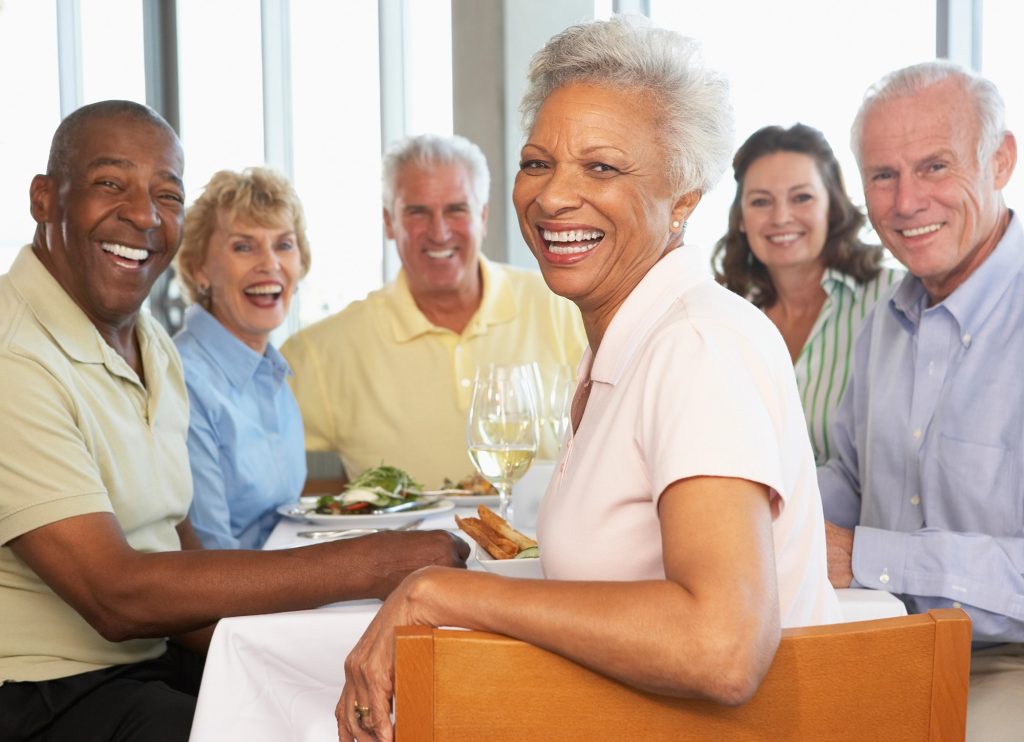Attending events, whether social gatherings, concerts, or festivals, can be a wonderful way to stay connected and enjoy life. However, for seniors, safety can sometimes be a concern. This doesn’t mean you have to avoid such activities; it just means taking a few extra precautions to ensure you can enjoy yourself safely. In this post, we’ll explore some practical tips to help seniors stay safe while attending events.
Planning Ahead
Before heading out to any event, planning is crucial. Start by gathering all the information about the event. Know the location, the type of event, the expected crowd size, and the weather forecast. This information helps you prepare appropriately, from choosing the right clothing to deciding on transportation.
If the event is outdoors, check the weather and plan accordingly. Bring a hat, sunscreen, and water if it’s going to be sunny, or an umbrella and a raincoat if there’s a chance of rain. Dressing in layers can be helpful, as it allows you to adjust to changing temperatures.
Transportation
Deciding how to get to and from the event is an essential part of your plan. If you’re driving, ensure your car is in good condition and you know the parking options. For those who prefer not to drive, consider using public transportation, ride-sharing services, or asking a friend or family member for a ride.
If you’re using public transportation or ride-sharing, familiarize yourself with the pick-up and drop-off points. For seniors with mobility issues, checking if the venue has accessible parking or drop-off areas closer to the entrance can make your experience much smoother.
Staying Connected
It’s always a good idea to have a way to communicate with friends or family members when attending events. Bring a fully charged mobile phone and keep it in a safe, easily accessible place. If possible, go to events with someone you know. This way, you can look out for each other and enjoy the event together.
In case you get separated, set a meeting point. It’s also helpful to let a trusted person know where you’ll be, the event’s duration, and how they can contact you. This precaution ensures that someone knows your whereabouts, adding an extra layer of safety.
Managing Medications and Health Needs
Many seniors have specific health needs that require medication. If this applies to you, remember to take your medications with you, especially if the event will last for several hours. Carrying a small bag with essential items like medications, a list of allergies, and any emergency medical information can be a lifesaver.
If you have dietary restrictions or need to eat at certain times, pack snacks that meet your needs. Staying hydrated is also essential, so bring a water bottle, particularly if you’re attending an outdoor event or the weather is warm.
Comfort and Mobility
Comfort is key when attending any event. Choose comfortable, supportive shoes, especially if you expect to do a lot of walking or standing. Consider bringing a small foldable chair if the venue doesn’t have adequate seating, and you’re attending an outdoor event.
For those with mobility issues, it’s wise to check in advance whether the venue is accessible. Look for information on ramps, elevators, and seating arrangements that can accommodate your needs. Some events offer special accommodations or services for seniors, so don’t hesitate to ask.
Staying Aware of Your Surroundings
One of the most important safety tips for anyone, especially seniors, is to stay aware of your surroundings. Large crowds can sometimes be overwhelming, and it’s easy to get distracted. Pay attention to the people around you and your immediate environment.
Keep an eye on your belongings. Carry a small, secure bag that can be worn close to your body, and avoid bringing valuables if possible. In crowded areas, it’s best to be cautious of pickpockets.
Avoiding Scams and Fraud
Unfortunately, seniors are often targeted by scammers, especially in crowded places. Be wary of strangers who approach you with unsolicited offers or requests. It’s important to be polite but firm in declining any offers or requests that seem suspicious.
If someone asks for personal information or money, be cautious. It’s better to say no and move away than to engage with someone who may have dishonest intentions. If you feel uncomfortable or threatened, seek help from event staff or security personnel.
Knowing When to Leave
Listening to your body and knowing your limits is crucial. If you start to feel tired, unwell, or overwhelmed, it’s okay to leave the event early. Prioritizing your health and well-being is more important than staying for the entire event.
Plan an easy exit strategy, whether that means leaving with a friend, calling a ride, or using public transportation. Having a plan in place ensures you can leave safely and without unnecessary stress.
Post-Event Safety
Once the event is over, take your time leaving the venue, especially if it’s crowded. Rushing can lead to accidents or getting separated from your group. If you’re using a ride-sharing service, ensure you’re getting into the correct vehicle by checking the license plate and confirming your name with the driver.
After getting home, it’s a good idea to rest and hydrate. If you’ve been outdoors, check for signs of sunburn or dehydration. Taking care of yourself post-event helps you recover and enjoy your experience fully.
Conclusion
Attending events as a senior can be a joyful and fulfilling experience. By planning ahead, staying connected, and being aware of your surroundings, you can ensure a safe and enjoyable outing. Remember that your safety and well-being are the most important aspects of any event. With these tips in mind, you can confidently participate in social activities, knowing you’re well-prepared and protected. Enjoy your time, make new memories, and stay safe!


